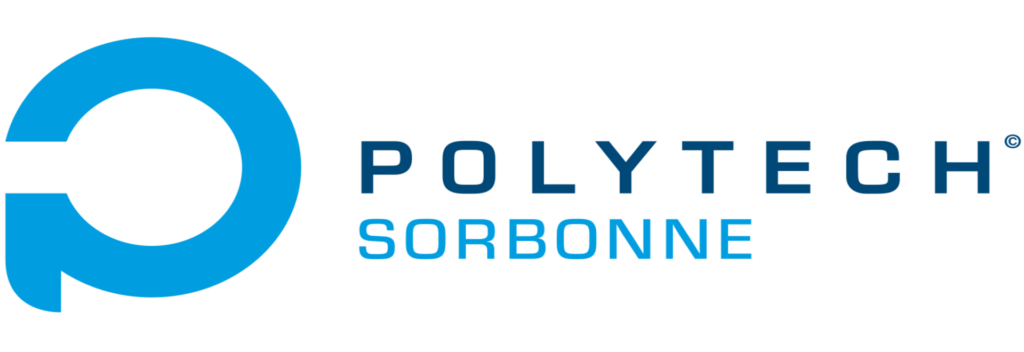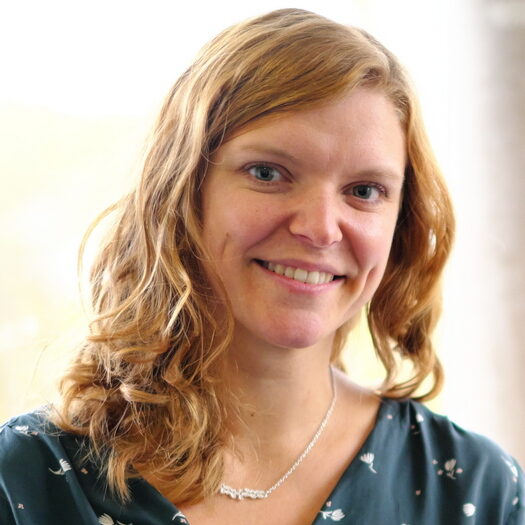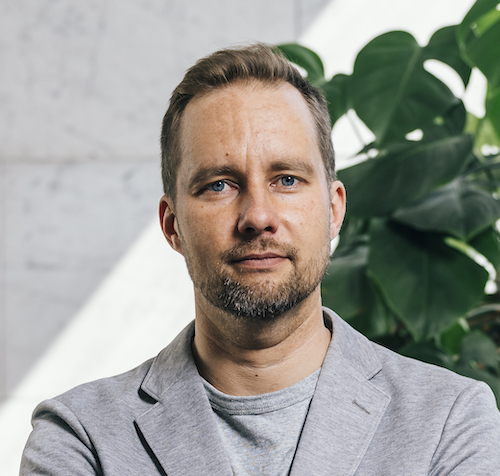The 9th Summer School on Computational Interaction will be held at Sorbonne Université (campus Jussieu), 4 Place Jussieu, 75005 Paris, room 321, Bat. Escanglon (about 200m on the right from the main entrance). It will take place on June 16 – 20, 2025.
This summer school teaches HCI students, researchers, and industry professionals computational methods and their application in user interface design, interactive systems, user modeling, and more. Each day will feature one or two outstanding speakers who will share their expertise on a technical topic relevant to Computational Interaction. Individual lectures will give students an overview of different topics in Computational Interaction, and will include exercises that will give students hands-on experience with Computational Interaction research.
Important dates
- January 31st, 2025 – Applications for the summer school open
- March 14th, 2025 – Application Deadline
March 21st, 2025– March 31st, 2025 Admissions notifications- June 16th, 2025 – Start of Summer School
- June 20th, 2025 – End of Summer School
All deadlines are in Anywhere on Earth (AoE) time zone.
Sponsors
The summer school is supported by:





More information about our sponsors here.
Topics
We put together a remarkable program that features the leading experts in the area of computational interaction. These are the confirmed topics so far:
Forward and inverse modelling in input
by John H. Williamson, University of Glasgow, Scotland
This session will discuss Bayesian probabilistic approaches to interactive system engineering. It will contrast this to traditional ML approaches and discuss how probabilistic inference is a distinctive and fruitful approach to building interactive systems. The session will bring together modern probabilistic Bayesian models and machine learning approaches and demonstrate practical implementations.
Agent-Based UI Programming
by Lydia Chilton, Columbia University, USA
Description: We will introduce multiple techniques for LLM-based code synthesis for creating dynamic user interfaces that give users precise control over their outputs. We will show how agent-based architectures can create and extend applications from only high-level descriptions of ideas. We will also show how to pair agent-based code generation and agent-based user simulation to create « double agent loops » that can generate code that is robust to a large array of user behaviors. Applications include creating animated logos, developing the MVP of a web app, and solving complex planning problems with minimal human intervention.
Modeling interactive behavior with computational rationality
by Antti Oulasvirta, Alto University, Finland
Cognitive models simulate how users perceive, think, and act when interacting with computers. They offer a powerful approach for understanding and optimizing interactive systems. This block starts with a review of so-called architecture based models of cognition such as GOMS and ACT-R. We then introduce modern modeling approaches powered by machine learning methods, in particular deep reinforcement learning. The block offers hands-on Python programming experience with notebooks
Reinforcement Learning for Computational Rational User Models
by Thomas Langerak
State-of-the-art user models rely on Reinforcement Learning (RL) for interactive behavior to emerge. In this module, we begin by covering the fundamentals of RL and exploring their relationship to user modeling. We then progress to a hands-on Python notebook session, where participants will train a cognitive model to play the popular game Overcooked
Demystifying Large Language Models and exploring new Frontiers in Interaction and User Experience
by Laure Soulier, Sorbonne Université, France
Large Language Models (LLMs) are now standard models in natural language processing and computer vision, but also powerful tools for interdisciplinary research. In this talk, we will dive deep into the inner workings of large language models by exploring the backbone architecture of current models called Transformer, the training and fine-tuning processes as well as the emergent abilities. We will discuss how LLMs impact research based on users’ interactions (such as information retrieval) but also how it can improve the information accessibility.
The practical session will include some basic notions around LLMs with application on different tasks closed to HCI (conversational agents, simulating user data, …).
Computational mechanisms engaged in theory of mind: from dyadic interactions to group decision making
by Jean Claude Dreher and Toan Nong, Institute of Cognitive Sciences, CNRS, France
Successful social interactions rely on the capacity to adjust to the intentions of others, which can change between competition and cooperation over time. This ability is a critical component of the theory-of-mind. Yet, the computational mechanisms underlying adaptation to fluctuating intentions of others (humans or artificial agents) are not well understood. This question is important if we want future artificial systems to adapt smoothly to our fluctuating intentions in real-time.
In this talk, I will present algorithms underlying how we adapt when we need to infer the intentions of others in dyads and groups, such as whether others intend to collaborate or compete?
The practical session, led by Toan Nong, will show programming examples implementing computational models of different behavioral tasks previously published by our group (Philippe et al., Nat. Comm., 2024; Park et al., Nat. Comm., 2019; Khalvati et al., Science Advances, 2019)
Schedule
- June 16, 3:00PM – 700PM: Opening; Poster; Cocktail
- June 17, 9:00AM – 12:00AM: keynotes + exercices (Lydia Chilton)
- June 17, 2:00PM – 5 PM: keynotes + exercices (Laure Soulier)
- June 18, 9:00AM – 12:00AM : Keynotes + exercices (Thomas Langerak)
- June 18, 2:00PM- 5PM: Keynotes + exercices (Antti Oulasvirta)
- June 19, 9:00AM – 12:00AM : keynotes + exercices (j. Williamson)
- June 19, 2:00PM-: Panel; Lab tour; Social event
- June 20, 9:00AM – 12:00AM: Friday morning: Keynotes + exercices (J. Dreher + T. Nong)
- June 20, 2:00PM-3PM: Closing
Venue
Sorbonne Université is located in Paris, France. The institution’s legacy reaches back to the Middle Ages. Sorbonne Université is one of the most sought after universities by students and researchers from France, Europe, and the French speaking countries. It has three faculties: Arts and Humanities, Science and Engineering, and Medicine.
Sorbonne Université is situated in the Latin Quarter (Quartier Latin) known for its student life, lively atmosphere, and bistros. The Latin Quarter is is home to many academic institutions and university libraries.
Useful links
Here are some useful links for your trip to Paris, France:
Hosts



Student volunteers
TBD
Advisors



Registration
Please submit your application using this form:
The form will ask you to submit a CV, and a short research statement (no longer than 1 pages) describing your: research interests and a brief description of how attending this summer school will help you in your research. The deadline for applications is March 14, 2025 11:59PM.
The summer school hosts up to 30 students, researchers, faculty members, or practitioners. Participants will be selected based on their motivation, background, and diversity. Notifications of admission will be sent out by March 231st, 2025.
Note that submitting an application is a binding registration. Upon acceptance you will need to pay the registration fees as detailed below. A limited number of grants will be available.
FEES
Choose your registration plan
STUDENT
200€
All lectures
Coffee-break
Networking
POSTDOC & FACULTY
300€
All lectures
Coffee-break
Networking
INDUSTRY PROFESSIONALS
400€
All lectures
Coffee-break
Networking
Prerequisites
The summer school has no special prerequisites. However, examples and practical exercises will be given in Python using Jupyter notebooks. Thus, familiarity with Python is recommended.
In addition, familiarity with Machine Learning, and basic skills in Linear Algebra and Probability Theory are also beneficial.
